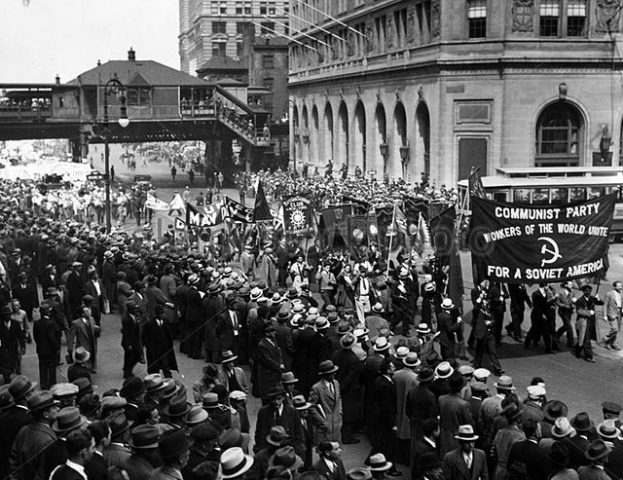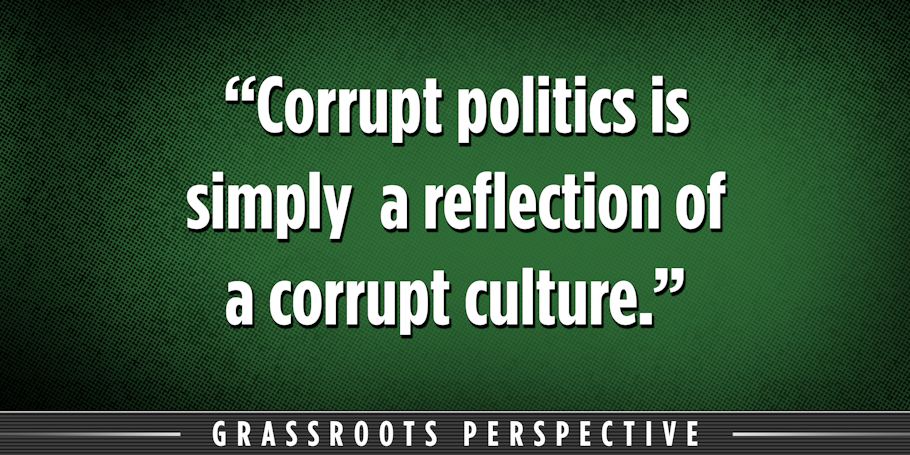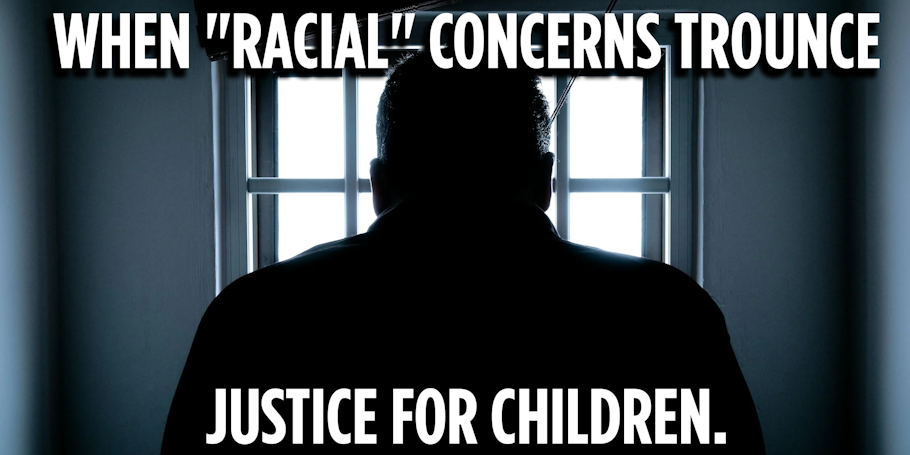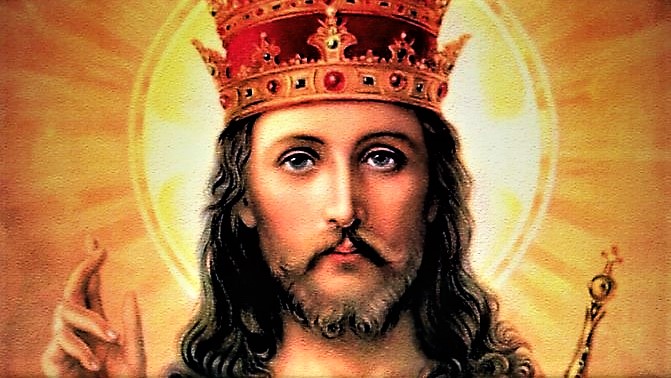Our Utopian Revolutionaries

VIDEO: Fr. Mark Goring – The Power of His Gaze
June 16, 2017
Pack Your Bags
June 16, 2017
David Carlin, The Catholic Thing, June 16, 2017 – Once the Protestant Reformation (whose 500th anniversary we are commemorating this year) destroyed the religious unity of Western Europe, I suppose it was inevitable that there would be a growing skepticism about Christianity in general. After all, if Protestants were arguing that Catholicism is a false religion, and if Catholics were arguing that Protestantism is a false religion, it was bound to happen sooner or later that somebody would say: “Both sides are correct; they are both false religions.”
Among some intellectuals, this skepticism arose almost overnight. Take Montaigne, for example, who was born only about fifteen years after Martin Luther attached his famous Ninety-Five Theses to the church door in Wittenberg. Montaigne was a Catholic, but he would have been happy to tell you that he was Catholic because of local custom, not because of reason or even because of the gift of faith. If he had been born in Constantinople he would have been a Muslim.
Among ordinary people, however, belief in Christianity, in either its Catholic or its Protestant form, persisted – although no doubt some of the skepticism of the intellectual elites made its way to the plain people. If there can be such a thing as “trickle-down economics,” surely there can also be “trickle-down skepticism.”
It wasn’t until the 18th century that a full-scale attack on Christianity began. On the theoretical side, it came in the form of Deism and its more radically anti-Christian cousins, skepticism and atheism. On the practical side, it came in the form of the French Revolution.
With Waterloo (1815) and the exile of Napoleon to St. Helena’s (they would have preferred sending him to the moon, but, that being impractical in those days, the South Atlantic would have to do), it appeared to superficial observers that the Revolution was at an end. Even the watered-down Napoleonic version of the Revolution was at an end.
But nobody could have been more mistaken than these observers. The first incarnation of the Revolution had ended, true enough, but there would be many reincarnations. For the ideas of the Revolution had survived, and the political and military defeat of the Revolution, so far from killing those ideas, had only made them stronger. The tree had been pruned and strengthened, not destroyed.
One of the ideas that had survived, perhaps the single most important idea, was the idea of a utopian society, the idea that we humans – or at least the enlightened revolutionaries among us – can create something very like a heaven-on-earth. This was to replace the traditional Christian idea of a supernatural heaven, a paradise that some of us will reach after death. The hope for a terrestrial utopia became a secularized version of the old Christian hope for heaven.
The utopian revolutionaries who over the past couple of centuries have promoted this idea have come in a variety of forms.
First were the “utopian socialists” of the middle decades of the 19th century – Robert Owen, Fourier, the Oneida community, the Brook Farm folks, and many more.
Then came the more sober socialists of the latter part of the century and the early twentieth century – the Social Democrats in Germany, the Fabians in England, and people like Gene Debs and Norman Thomas in the USA.
Finally came the Communists – Lenin and Trotsky and Stalin in Russia; Mao and Ho Chi Min and Castro outside of Russia; and millions and millions of others both inside and outside of Russia: people who had good consciences about their tyranny and mass murder because these were needed to bring about the eventual happiness of the human race.
I said “finally” came the Communists. That’s partly wrong. Though the Communist movement may have failed, the ideas that inspired Communism have survived. The serpent of revolutionary utopianism has been scotched, not killed.
These ideas are alive and well in America today. Where can we find them? In the hearts and minds of those folks who call themselves “progressives.”
And what exactly are these ideas, the ideas shared by all present day descendents of the original Revolution of the late eighteenth century?
(1) Equality – not just political and legal equality, but a classless society, that is, a rough equality of economic condition.
(2) Personal liberty – the freedom to do, say, or be whatever you like, provided you do no obvious harm to your fellow humans.
(3) Cosmopolitanism (the brotherhood of man) – the disappearance of all prejudice and discrimination based on race, ethnicity, nationality, religion, sex or gender, sexual orientation; and of course there must be no national borders.
(4) Immense prosperity – the result of an economic system based on justice and love, not the profit motive.
(5) World peace – this follows automatically from #3 and #4.
(6) Health – death will perhaps never be eliminated, but as long as we remain alive we must be kept in very good health.
(7) Education – everybody will be educated to the limit of his or her potential.
(8) Universal happiness – given #1 through #7, how could we not be happy?
If this is what our American progressives want, the same thing Russian Communists wanted, does this mean that our progressives, when they come to power, will use the same instruments of tyranny the Russians used? No, the Russian utopians used agencies of social control that were already in place in pre-revolutionary Russia, especially these three: an immense bureaucracy, a secret police, and an autocratic monarchy.
American utopians, by contrast, will use agencies of control already in place in the United States, in particular these three: the federal bureaucracy, a free press, and higher education. Already we can see that our homegrown utopian progressives have great control over all three of these, especially the latter two. So there will be no need for a police state.
America may prove, in the end, to be more fertile ground for utopian currents than Russia or China or Cuba ever could.




